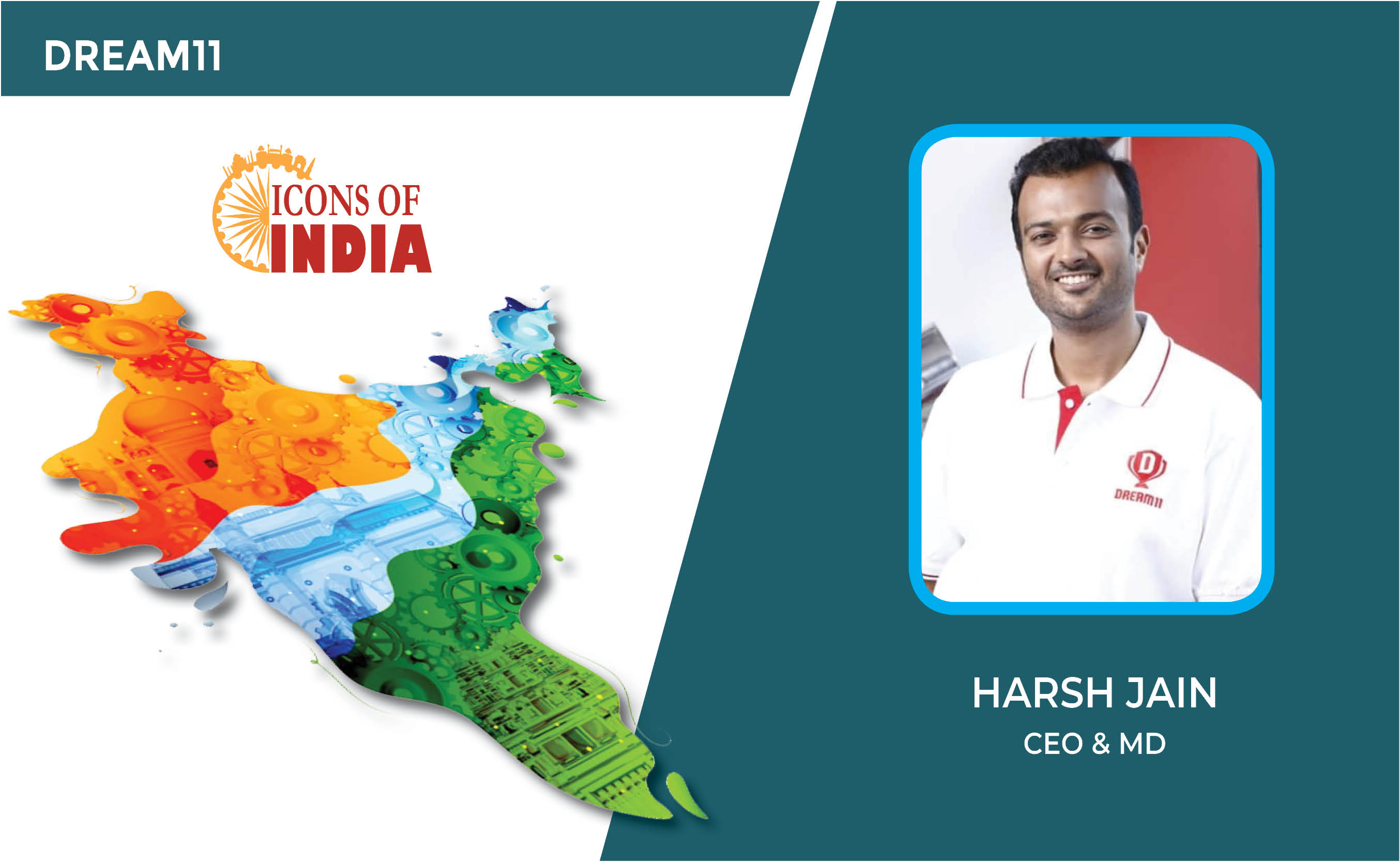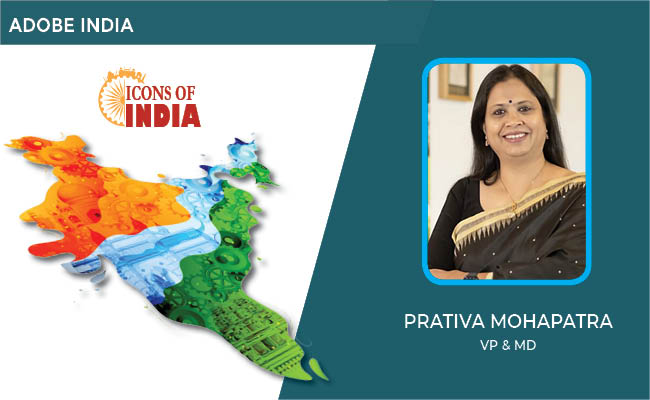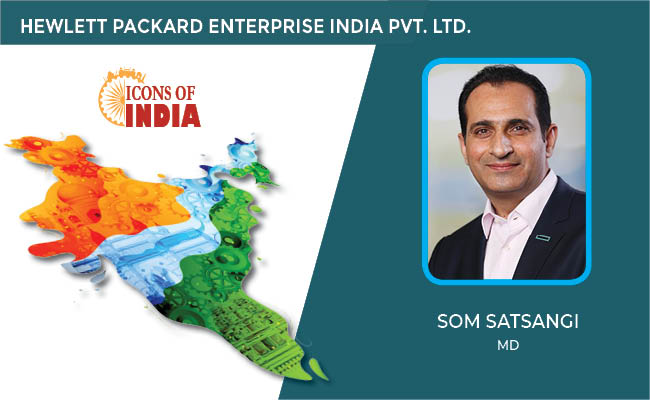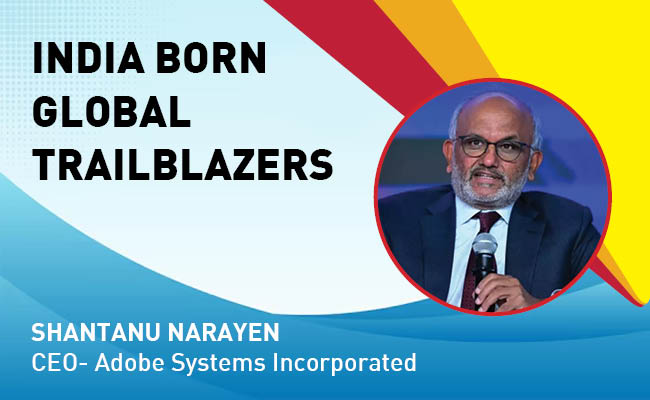Only 1 in 4 global organizations keep cardholder payment data secure
By MYBRANDBOOK

Global organizations continue to put their customers’ cardholder data at risk due to a lack of long term payment security strategy and execution, flags the newly released Verizon Business 2020 Payment Security Report (2020 PSR). With many companies struggling to retain qualified CISOs or security managers, the lack of long-term security thinking is severely impacting sustained compliance within the Payment Card Industry Data Security Standard (PCI DSS).
Payment data remains one of the most sought after and lucrative targets by cybercriminals with 9 out of 10 data breaches being financially motivated, as highlighted by the recent Verizon Business 2020 Data Breach Investigations Report (2020 DBIR). Within the retail sector alone, 99 percent of security incidents analyzed by the 2020 DBIR were focused on acquiring payment data for criminal use.
The 2020 PSR found that on average only 27.9 percent of global organizations maintained full compliance with the PCI DSS, which was developed to help businesses that offer card payment facilities protect their payment systems from breaches and theft of cardholder data. More concerning, this is the third successive year that a decline in compliance has occurred with a 27.5 percentage point drop since compliance peaked in 2016 (as seen in the 2017 PSR).
Key findings include:
Only 27.9 percent of global organizations were able to maintain full compliance with the Payment Card Industry Data Security Standard (PCI DSS)
Staggering 27.5 percentage point drop in compliance since 2016 as reported in the 2017 PSR
Lack of long term strategies and leadership commitment cited as root cause
10th anniversary edition of the Verizon Business Payment Security Report
“Unfortunately we see many businesses lacking the resources and commitment from senior business leaders to support long-term data security and compliance initiatives. This is unacceptable,” said Sampath Sowmyanarayan, President, Global Enterprise, Verizon Business. “The recent coronavirus pandemic has driven consumers away from the traditional use of cash to contactless methods of payment with payment cards as well as mobile devices. This has generated more electronic payment data and consumers trust businesses to safeguard their information. Payment security has to be seen as an on-going business priority by all companies that handle any payment data, they have a fundamental responsibility to their customers, suppliers and consumers.”
Additional findings within the 2020 PSR shine a spotlight on security testing where only a little more than half of the organizations (51.9 percent) successfully test security systems and processes as well as unmonitored system access and where approximately two-thirds of all businesses track and monitor access to business critical systems adequately. In addition, only 7 out of 10 financial institutions (70.6 percent) maintain essential perimeter security controls.
“This report is a welcome wake-up call to organizations that strong leadership is required to address failures to adequately manage payment security. The Verizon Business report aligns well with Omdia’s view that the alignment of security strategy with organizational strategy is essential for organizations to maintain compliance, in this case with PCI DSS 3.2.1 to provide appropriate levels of payment security. It makes clear that long-term data security and compliance combines the responsibilities of a number of roles, including the Chief Information Security Officer, the Chief Risk Officer, and Chief Compliance Officer, which Omdia concurs with,” comments Maxine Holt, senior research director at Omdia (previously known as Ovum).
Lack of compliance impacts all businesses regardless of size
Small and medium-sized businesses (SMB) were flagged as having their own unique struggles with securing payment data. While smaller businesses generally have less card data to process and store than larger businesses, they have fewer resources and smaller budgets for security, impacting the resources available to maintain compliance with PCI DSS. Often the measures needed to protect sensitive payment card data are perceived as too time-consuming and costly by these smaller organizations, but as the likelihood of a data breach for SMBs remains high it is imperative that PCI DSS compliance is maintained.
The on-going CISO challenge
The report also explores the challenges CISOs face in designing, implementing and maintaining an effective and sustainable security strategy, and how these can ultimately contribute to the breakdown of compliance and data security management. These problems were not found to be technological in nature, but as a result of organizational weaknesses which could be resolved by more mature management skills including creating formalized processes; building a business model for security as well as defining a sound security strategy with operating models and frameworks.
About the Verizon Business 2020 Payment Security Report
Verizon has published the Payment Security Report (PSR) since 2010, the first-ever study on the actual value and performance of the Payment Card Industry Data Security Standard (PCI DSS). The report is based on global data gathered by PCI DSS qualified security assessors (QSAs) from Verizon and other five external contributors.


Nazara and ONDC set to transform in-game monetization with ‘
Nazara Technologies has teamed up with the Open Network for Digital Comme...

Jio Platforms and NICSI to offer cloud services to government
In a collaborative initiative, the National Informatics Centre Services In...

BSNL awards ₹5,000 Cr Project to RVNL-Led Consortium
A syndicate led by Rail Vikas Nigam Limited (abbreviated as RVNL), along wi...

Pinterest tracks users without consent, alleges complaint
A recent complaint alleges that Pinterest, the popular image-sharing platf...


Icons Of India : Harsh Jain
Harsh Jain, the co-founder of Dream 11, the largest fantasy sports web...

Icons Of India : PRATIVA MOHAPATRA
Prativa is a transformational leader with an incredible breadth of exp...

ICONS OF INDIA : SOM SATSANGI
With more than three decades in the IT Sector, Som is responsible for ...


DRDO - Defence Research and Development Organisation
DRDO responsible for the development of technology for use by the mili...

EESL - Energy Efficiency Services Limited
EESL is uniquely positioned in India’s energy sector to address ener...

CSC - Common Service Centres
CSC initiative in India is a strategic cornerstone of the Digital Indi...


Indian Tech Talent Excelling The Tech World - Sundar Pichai, CEO- Alphabet Inc.
Sundar Pichai, the CEO of Google and its parent company Alphabet Inc.,...

Indian Tech Talent Excelling The Tech World - Shantanu Narayen, CEO- Adobe Systems Incorporated
Shantanu Narayen, CEO of Adobe Systems Incorporated, is renowned for h...

Indian Tech Talent Excelling The Tech World - Aman Bhutani, CEO, GoDaddy
Aman Bhutani, the self-taught techie and CEO of GoDaddy, oversees a co...